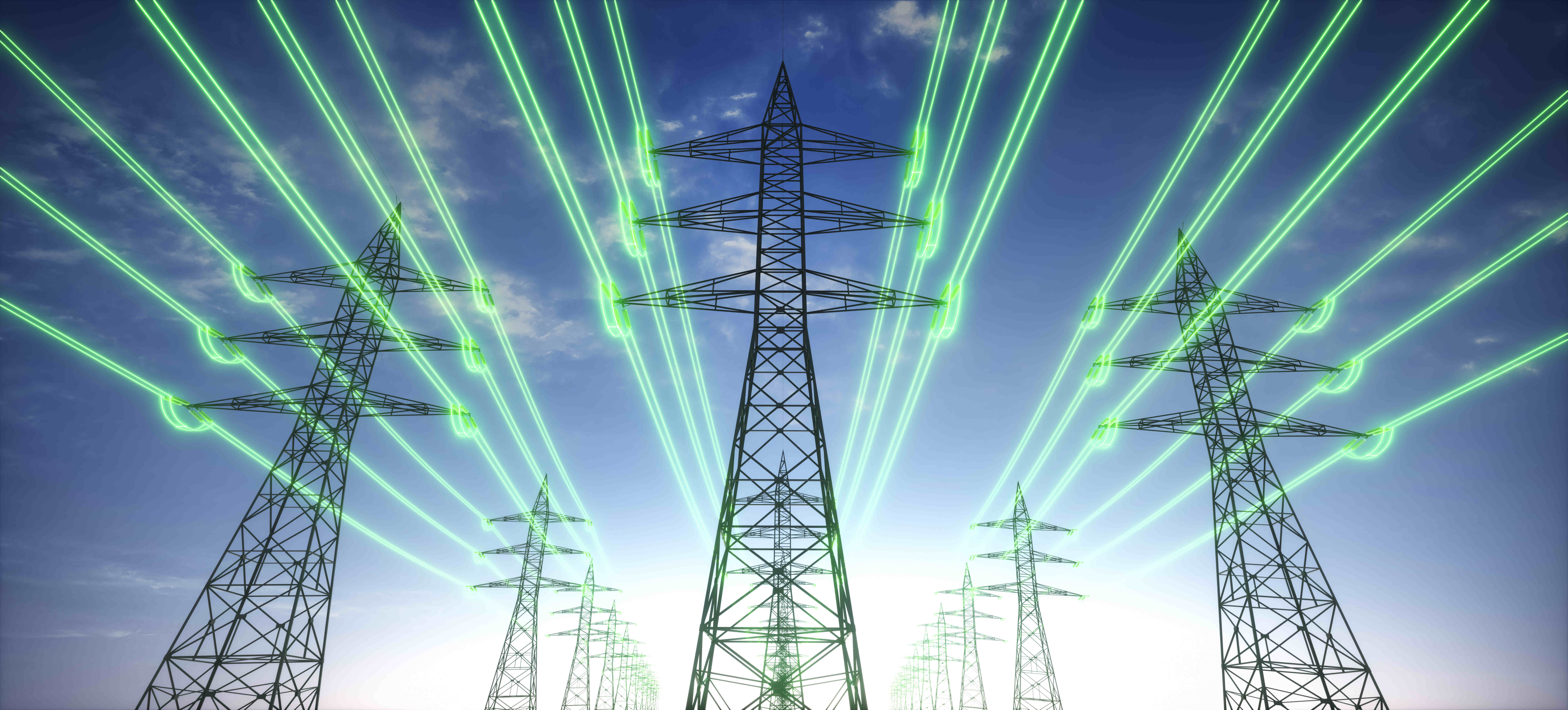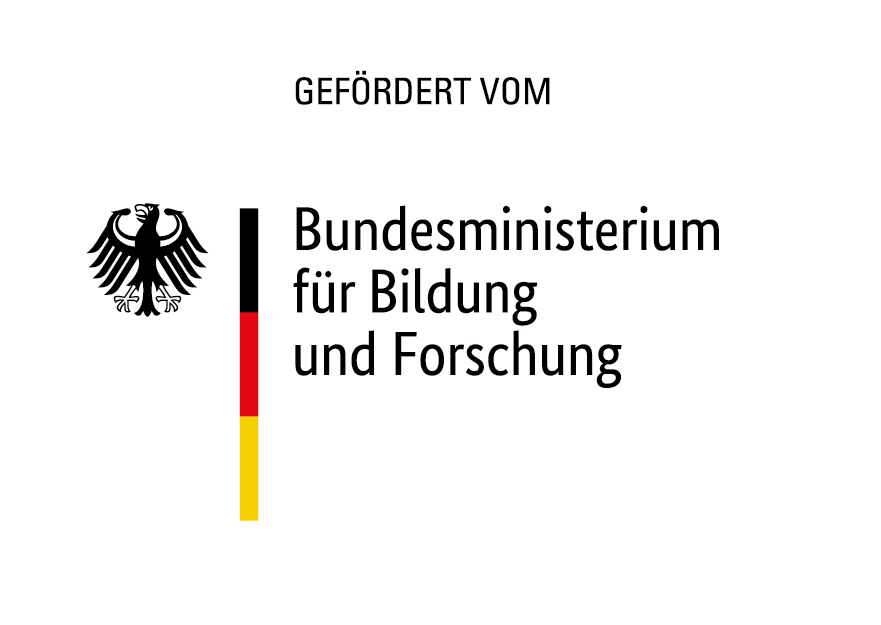Ensuring reliability is a central goal of the German electricity supply. Transmission and distribution system operators pay special attention to maintaining voltage quality. This includes ensuring that the network voltage aligns with the contractually agreed characteristics, achieved through measures such as network expansion, monitoring, and the use of powerful controls. However, consumers and producers also influence voltage quality, leading to negative network effects such as harmonics or asymmetries. The shutdown of conventional power plant capacities, as provided for by the coal phase-out law, impacts grid stability, as these plants contribute to frequency and voltage regulation. The energy-intensive industry in the Rhineland region is particularly affected, where voltage fluctuations can lead to significant operational disruptions. This raises the question of how the shutdown of conventional generation capacities influences the reliability and voltage quality of electricity supply. The successful implementation of Quirinus Control is only possible through close collaboration among numerous partners. The involved project partners contribute their respective expertise and work hand in hand with distribution system operators to achieve the project goals. This interdisciplinary collaboration allows for the integration of various perspectives and approaches, resulting in the development of the best possible solutions.
Project Objectives
With the increasing integration of renewable energies and the rising prevalence of decentralized generation units, as well as new changes in electricity consumption, voltage quality is affected. QUIRINUS-Control is a comprehensive research initiative aimed at the objective assessment and future assurance of voltage quality. QUIRINUS-Control offers interdisciplinary approaches to identify potential voltage quality losses. In particular, QUIRINUS-Control aims to establish a Wide-Area Monitoring System as a tool within the project to develop systemic solutions and component solutions, as well as to derive best-practice solutions.
The project thus includes the development and implementation of a measurement system that enables both offline long-term measurements and online measurements. This data, which allows for continuous monitoring of voltage quality development in a large "Wide-Area" environment, forms the basis for developing novel algorithms that use artificial intelligence for precise assessment and prediction of voltage quality. Another innovation is the comprehensive generation, processing, and analysis of data. The combination of real network data with synthetic data models ensures high accuracy and relevance of the results.


